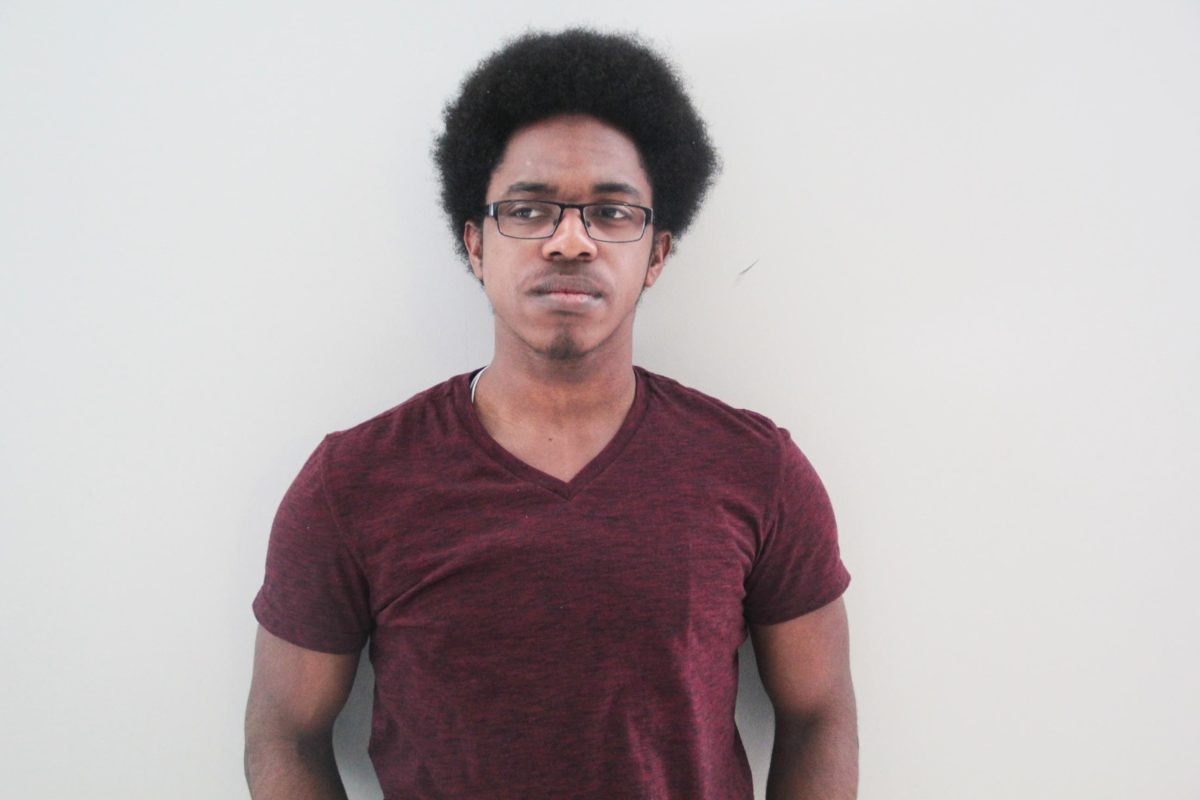There’s the miserable educated woman, the spineless man who won’t stand up to her, the carefree young man escaping crime to purse his dream (typically singing), his protective single mother with a past and four to six wildcard characters who use slapstick and fast slang to teach the young ones a lesson. This is the typical character list for a Tyler Perry movie, and like his famed character Medea, the list is growing old, over-the-top and though it used to be funny, is becoming more of a threat if we don’t watch out for it.
American actor and writer Perry is best known for his satirical movies about African-American families. His characters are often stereotypes within the black community, partly because comedy is exaggeration, and partly for the cultural nostalgia. Black movie goers might see a glimmer of their aunt in Medea; some subtle stereotypes might be filled out. Every character becomes a bit of an inside joke.
But the problem with doing parodies so often, especially using characters as one-dimensional as Perry’s, would be non-community members not knowing where the joke ends.
“There’s always a danger that, when you produce a really narrow representation of a group of people, that the dominant group is going to believe that this is what the marginalized group is like,” said Erin Fredericks, a sociology professor at St. Thomas University. “Simplified representations don’t show the complexities of somebody and their life experiences, so there’s always a worry that it will further objectify a group.”
So does that make writing characters as stereotypes bad? Not inherently, but it requires a level of skill to work and some argue Perry just doesn’t have that skill.
Anthony Bryan, a fourth-year student and avid moviegoer, feels Perry consistently writes flat characters and stories.
“I think it would’ve been fine if he’d made one or two films with these stereotypes … but every single film is like that, and it becomes problematic when you have these stereotypes existing in a world where you’re trying to make these statments.”
Despite the controversy, Tyler Perry’s films have undoubtedly done the community good. Perry’s use of an all-black cast made people of colour as marketable as white actors. Some, like first-year student Husoni Raymond, feel it lets the community claim ownership of the stereotype.
“He might be using his personal experience in the black community … It’s probably his personal reality that inspired him, not like he’s trying to exploit stereotypes in the black culture,” Raymond said.
So, how can we make stereotypes less dangerous? In my opinion, it’s all about depth, and making characters more than just stereotypes. Real humans are multidimensional with lives outside the pigeonhole.
Donald Glover’s television series Atlanta follows three black men and uses everyday life to show why they both become and defy their stereotypes. Jordan Peele’s new thriller Get Out has a black lead, and shows him acting out some stereotypes while still doing everyday mundane actions. Even the movie Smoke Signals does the same thing for the aboriginal community: each character was properly fleshed out, stereotypes were addressed by becoming and rejecting them, and inside jokes abut the community don’t aim the jocular tone.
If characters are going to be stereotypical, they should still be believable as people. Not only is development fundamental to character writing, but when people are shown dealing with daily obligations they seem less alien to the viewer. While showing the problems within a community is imperative it shouldn’t define the character, because once a character becomes the stereotype that’s all they are in the viewers’ eyes.

